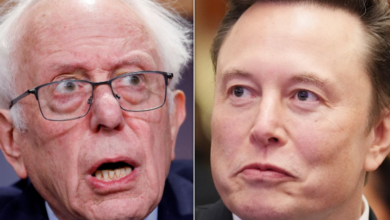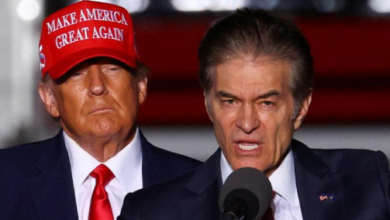Jon Stewart Confounded By Arizona AG’s Refusal To Admit No Election Fraud In 2020


Arizona Attorney General Mark Brnovich has no problem admitting Donald Trump lost his state in 2020, yet he just can’t quit the notion there might have been election fraud.
In fact, he went to great lengths to defend his ongoing election fraud investigation to Jon Stewart in an upcoming episode of “The Problem With Jon Stewart,” despite no real proof of election fraud.
Brnovich argued that there have been about 20 cases related to election fraud in the state, but Stewart quickly pointed out that was “out of 4 million votes.”
Still, the attorney general justified the investigation by noting there are “millions of people” in his state and across America who “think” the election was fraudulently decided.
Stewart wasn’t buying it.
“There’s people that believe in angels, but that doesn’t mean you launch an investigation that angels changed ballots,” he responded.
The video shows Stewart trying to get Brnovich to admit that Trump is “wrong” and that the state’s 2020 election was “fair, not stolen, and not fraudulent.”
But Brnovich just wouldn’t go there, telling Stewart that he’s still waiting for “all of the facts and evidence” to come in.
The most he would do was admit Trump “lost Arizona” in 2020, but not that his loss was legitimate.
Stewart then pointed out that the facts show “the election in Arizona was well-run, not fraudulent, and not stolen from Donald Trump, according to even your investigation,” causing Brnovich to hem and haw.
“Why is it so hard to just say yes to that?” Stewart asked. “Why can’t you say that the election in 2020 was not stolen or fraudulent?”
When Brnovich couldn’t answer directly, Stewart said, “This is blowing my mind.”
This is a far cry from what Brnovich was saying in the days after the 2020 election.
Back then, he said there were no “facts” to back up claims of rampant voter fraud, which made him rare among members of his party.
As a result, he angered Trump, who refused to endorse him when he ran for Senate earlier this year.
[ad_2]
Source link





